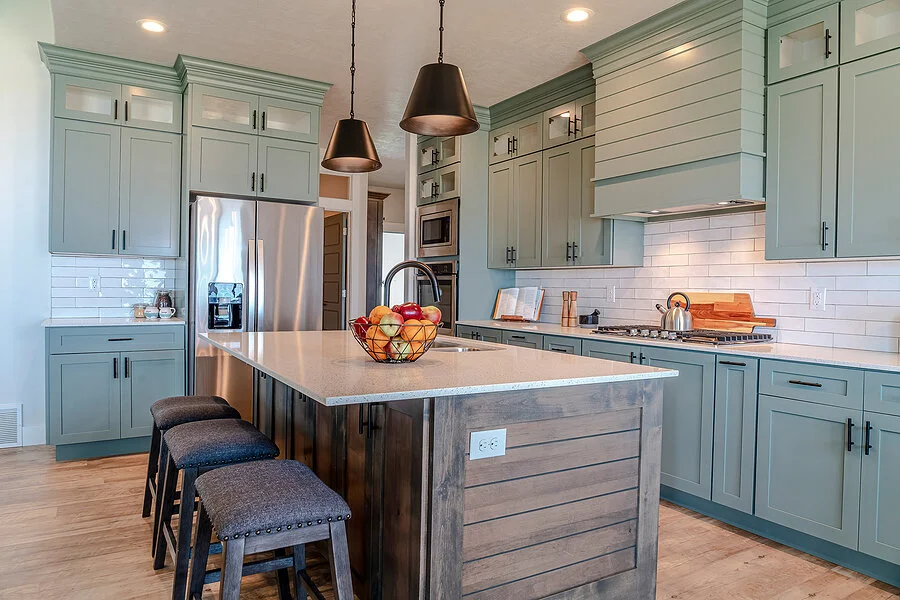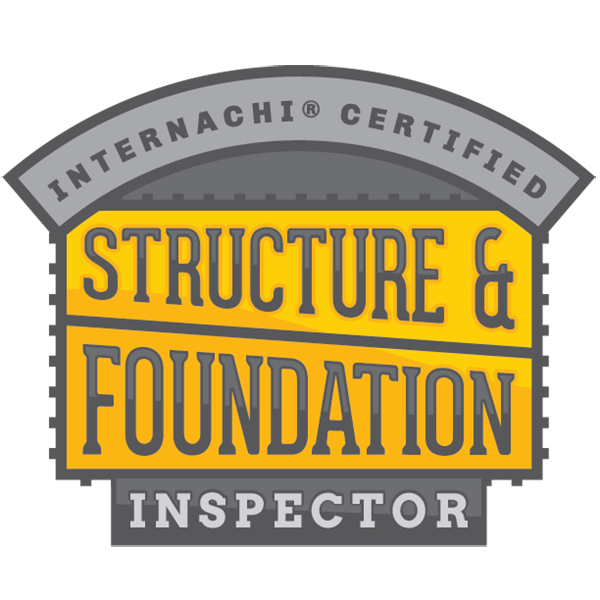What will a home inspector search for in a kitchen?
During a home inspection, a home inspector will go through every area of a property to do a visual and non-invasive inspection. One place they’ll spend a good amount of time is the place we often think of as “the heart of the home”: the kitchen. The kitchen is where you’ll spend a majority of your time and a crucial (and complex) part of any house, so a thorough inspection is invaluable. So what should you expect for an inspection of the kitchen?
Every kitchen is different. Here are just some of the basics of what a home inspector will be looking for, based on our experience and the InterNachi home inspector’s standards of practice.
Take a look at our sample reports to get a better idea of what your inspection report will look like and how inspectors lay out their findings.
What Do Home Inspector’s Look For In The Kitchen Area Of A Home
Exhaust systems, like a range hood. We’ll check if it’s properly functioning and giving off correct circulation and airflow.
Kitchen appliances, such as fridge, oven, stove, sink, built-in microwaves, and dishwashers. Appliances don’t include smaller, auxiliary devices like coffee machines or toasters that belong to the owner and are not a part of the property itself. Things an inspector might find include a gas burner not working properly, or damaged or missing buttons/controls. They’ll check for signs of water damage below and around appliances like the dishwasher and fridge, and they’ll check for signs of damage or rust inside of these appliances. While the inspector won’t test out each appliance thoroughly, they’ll make sure they look in good condition and have no signs of damage or misuse.
Cabinets and countertops. This could range from an inspector finding that a cabinet might be jammed to finding cracks in the countertop.
Sink and hardware above and below the countertop. Something our inspectors find, especially in houses where the homeowner did a lot of work themselves, is that the sink isn’t properly mounted. Inspectors also regularly find leaks, or issues with the sink properly draining. As with all issues, your home inspector can recommend to you a specialized professional to do repairs. Check out our preferred plumbers here.
In the kitchen, like in all rooms, we’ll check that the walls, floor, and ceiling look level and structurally sound, that the floors are in good condition, and we’ll look for peeling or chipped paint or wallpaper, and that lights, switches, and outlets are safe and operational. We’ll look for rot or water damage, and for any safety hazards such as exposed nails or frayed wires.
What a home inspector will not do:
Move appliances or try to open or use them if they are not accessible. If anything has a code, lock, or anything else that makes it inaccessible, the inspector will not inspect.
The inspector cannot determine things like air quality, the existence of lead paint or asbestos, or the cause of an issue. Inspectors are generalists, meaning they are trained professionals who can “diagnose” a house but can’t go into specialized treatment. They can only identify issues and recommend who can address them (like a plumber, electrician, HVAC technician, pest control, septic services, etc.).
Choose Forever Home Inspection
At Forever Home Inspection, we make it easy. Our inspections in Oklahoma and Iowa have the same flat-rate pricing so you never encounter hidden fees or unexpected expenses. Oklahoma home inspections all come with FREE termite inspections, and in Iowa, we can help you get a radon inspection with our preferred partners for up to 50% off! Give us a call to schedule your home inspection, and be wowed like so many of our clients!
Sources:
https://www.nachi.org/sop.htm#heating






